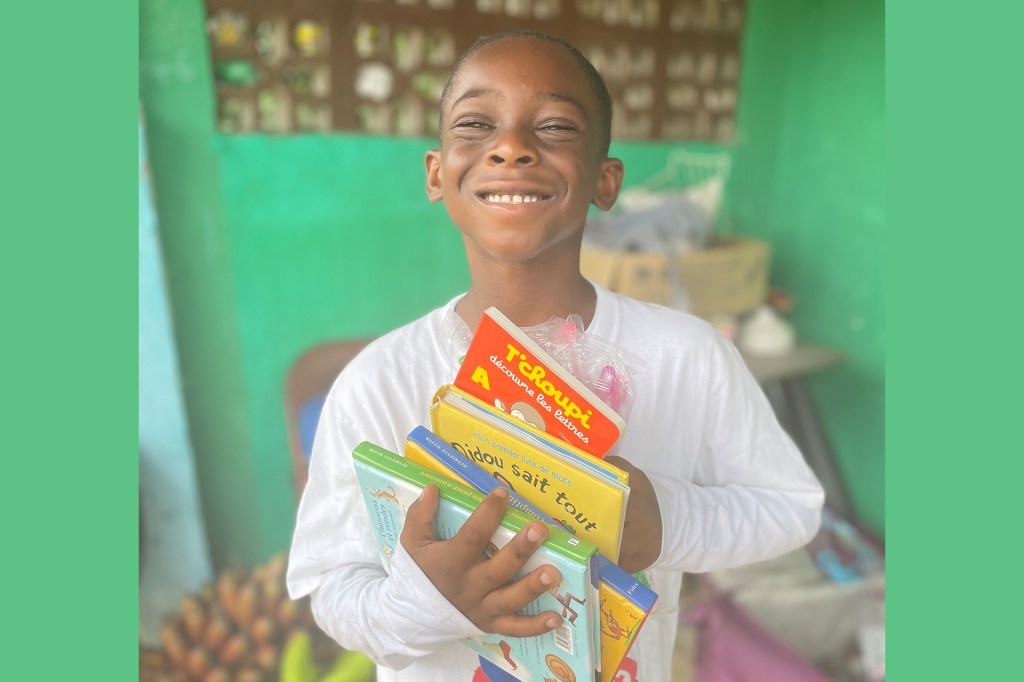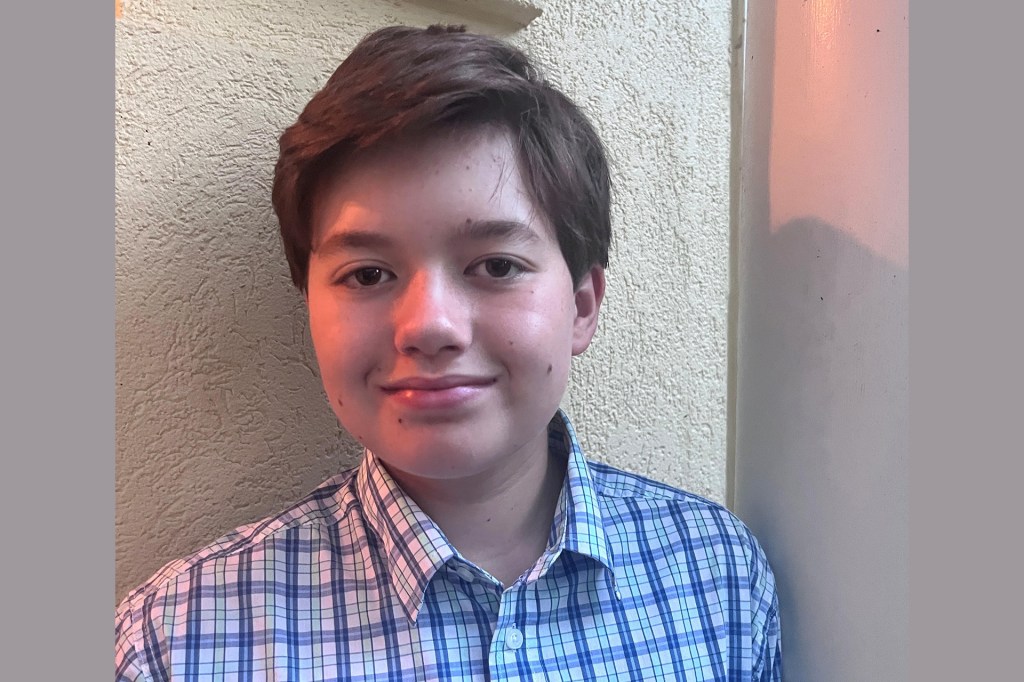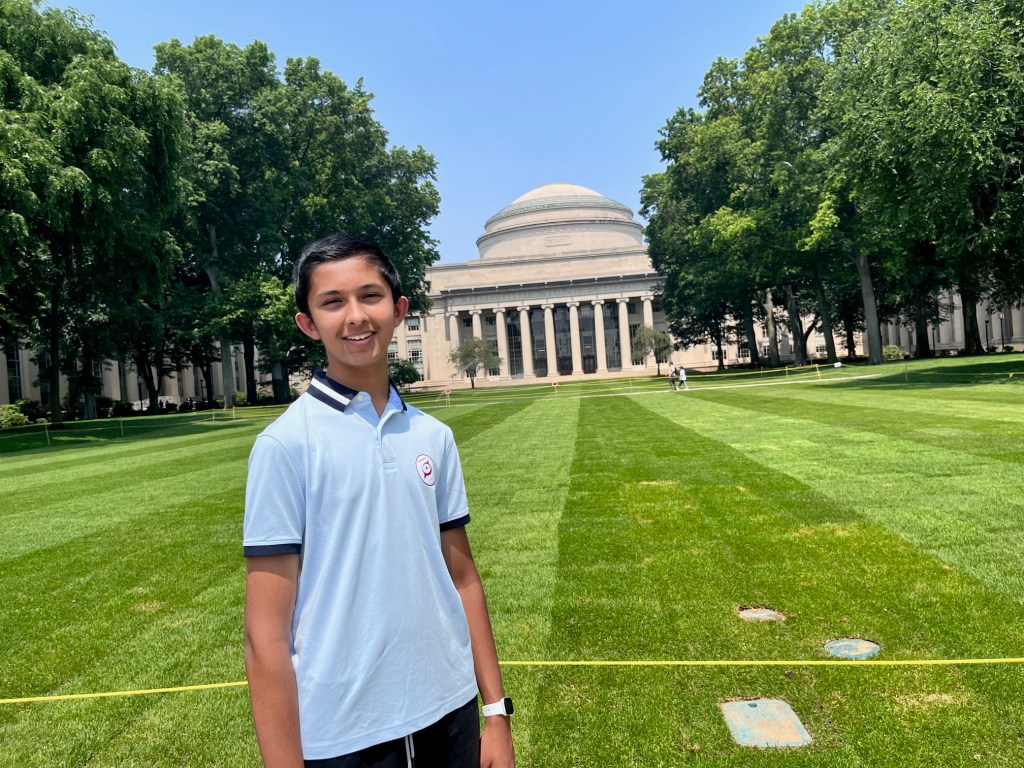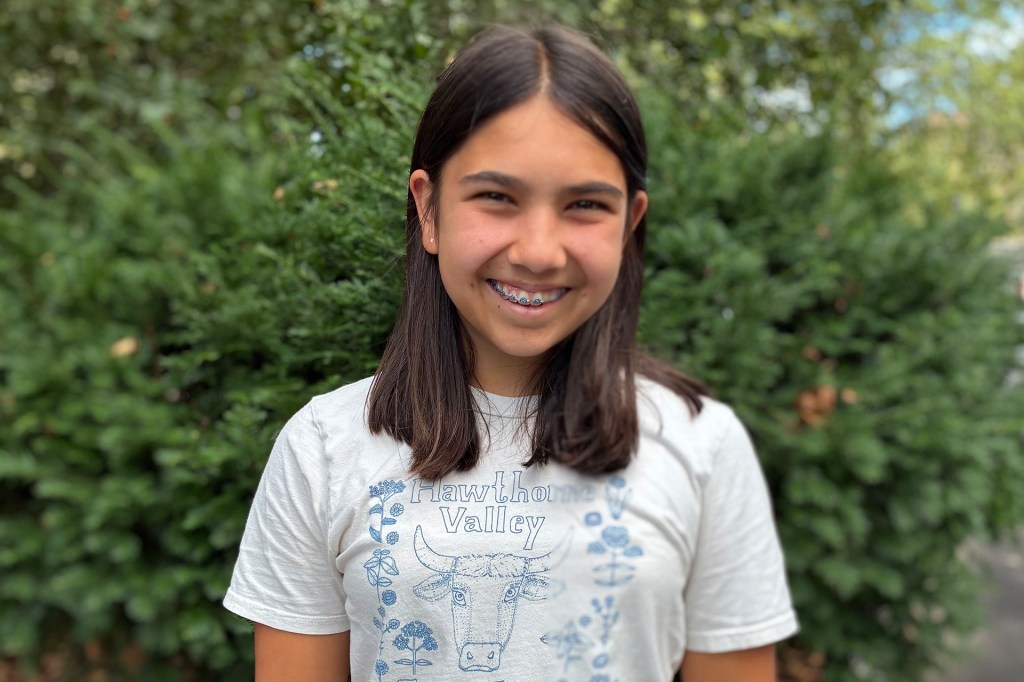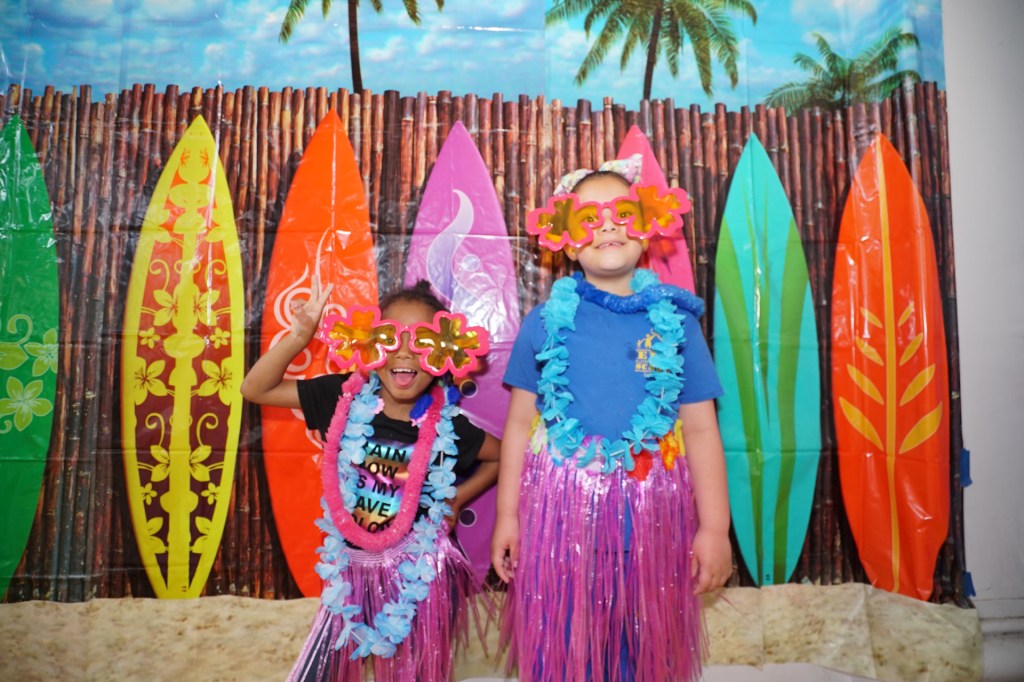
Thirty minutes before the party, volunteers arrive and get to work. They hang a banner and streamers, set up toys, games, and activities, and arrange colorfully wrapped gifts on a table. Soon it’s time to blast the music and welcome the eager guests. The kids rush in, ready to celebrate. Happy Birthday!
Every month, parties like this take place at homeless shelters and other transitional
transitional
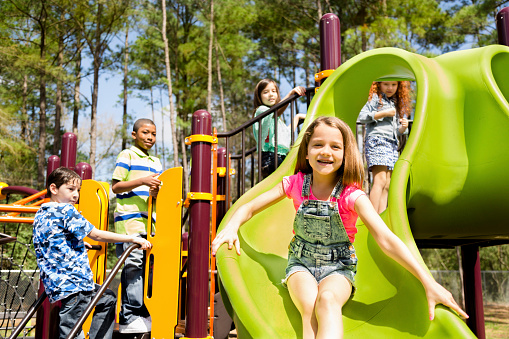 FSTOP123—GETTY IMAGES
temporary
(adjective)
After recess, we have a five-minute transitional period before class begins again.
living facilities across the country. They’re hosted by a group called the Birthday Party Project. This nonprofit
nonprofit
FSTOP123—GETTY IMAGES
temporary
(adjective)
After recess, we have a five-minute transitional period before class begins again.
living facilities across the country. They’re hosted by a group called the Birthday Party Project. This nonprofit
nonprofit
 CRYSTAL CARTIER PHOTOGRAPHY/GETTY IMAGES
not done for the purpose of making money
(adjective)
Carly started a nonprofit group that collects pet toys and donates them to animal shelters.
organization throws birthday parties for groups of kids who don’t have a permanent home. For some children, it’s the first birthday party they’ve ever had.
CRYSTAL CARTIER PHOTOGRAPHY/GETTY IMAGES
not done for the purpose of making money
(adjective)
Carly started a nonprofit group that collects pet toys and donates them to animal shelters.
organization throws birthday parties for groups of kids who don’t have a permanent home. For some children, it’s the first birthday party they’ve ever had.
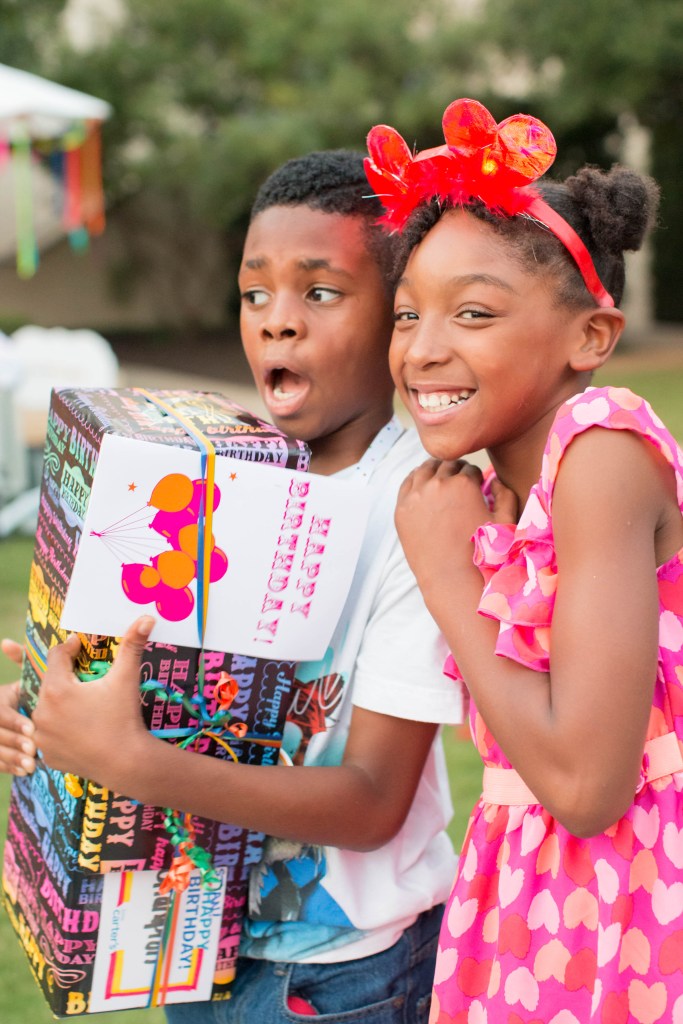
LIFE OF THE PARTY The Birthday Party Project throws themed events where kids get gifts and celebrate in style.
COURTESY THE BIRTHDAY PARTY PROJECTLet’s Celebrate
Paige Chenault is the founder of the Birthday Party Project. “Everyone wants an opportunity to feel known and seen, and a birthday is a perfect place and a perfect time in our life to stop and celebrate,” she told TIME for Kids.
Chenault and her family threw the Birthday Party Project’s first event in January 2012, at a shelter in Dallas, Texas. “We realized serving children in our own community was a great place to start,” she says. Since then, the organization has grown. Now the Birthday Party Project hosts about 50 monthly parties in 15 cities. More than 10,000 kids have celebrated their birthday at these events.
Eight-year-old Dipson is one of them. He lives in a transitional housing community in Minneapolis, Minnesota. At the party held there in March 2018, Dipson played ring toss and unwrapped his presents: Hot Wheels and a new scooter. “It was very fun,” he says. But Dipson also says he learned a lesson from eating too many tasty cupcakes: “You can get a little bit sick when you have too much chocolate,” he warns future partygoers.
Jamie Gates is the education support coordinator at the housing community where Dipson lives. The Birthday Party Project holds parties there on the third Thursday of each month. According to Gates, if she doesn’t put up flyers for the next event at least five days in advance, kids will start asking her about it. “They love it,” she says. “Parents will come to the party, too. It’s a really good opportunity for them to sit and talk, and for the entire place to come together.”






